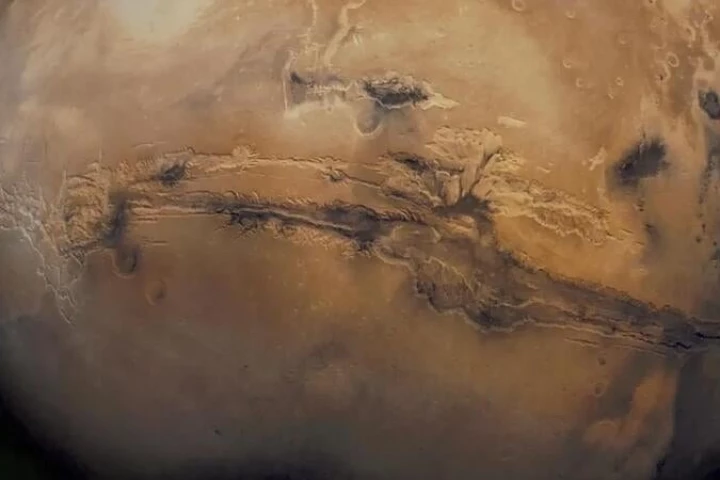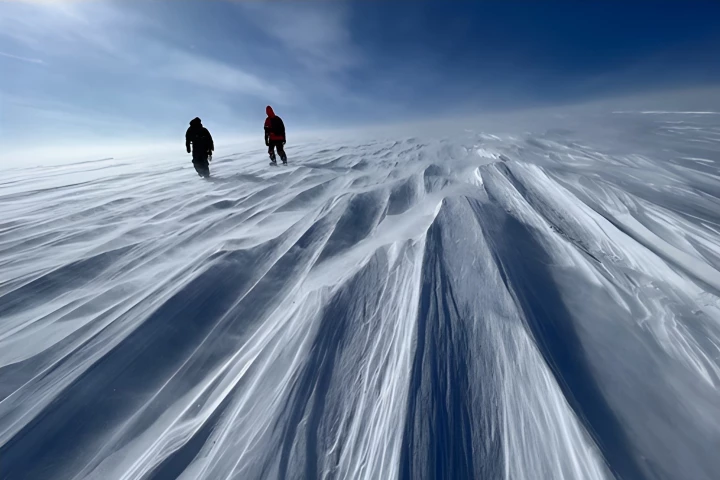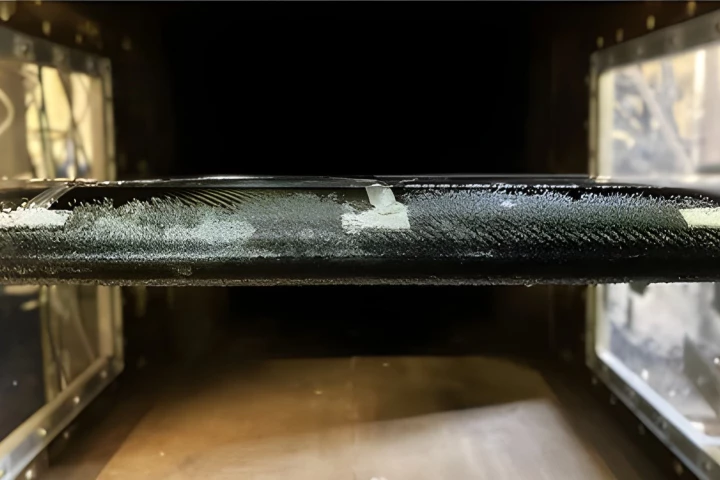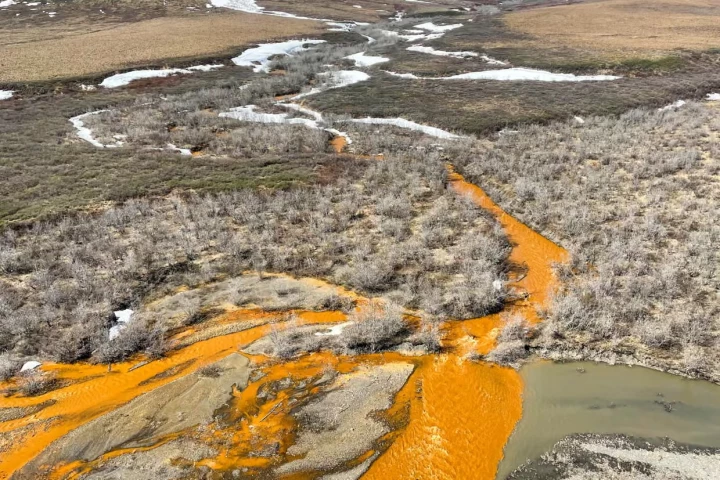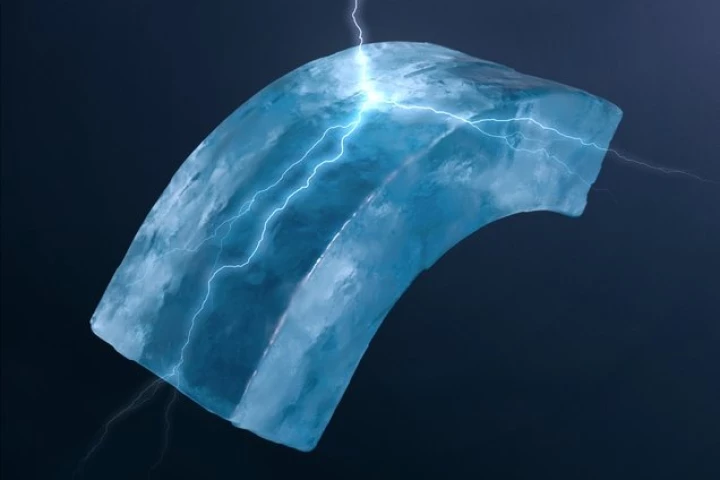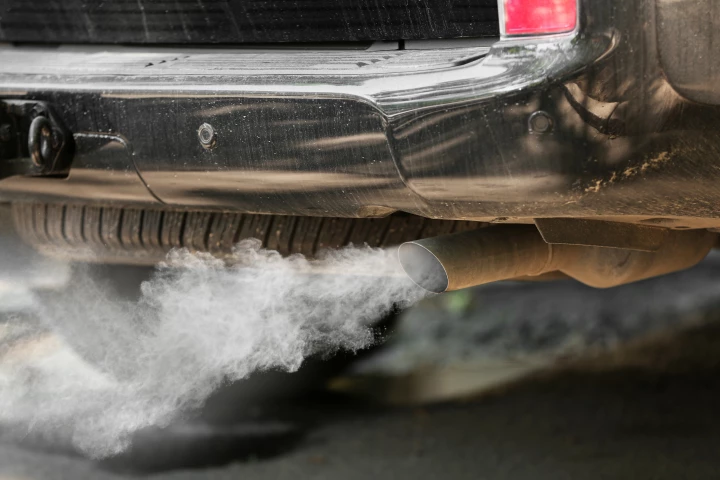Ice
-
Why did the ice ages occur? If you need a scapegoat, a new study by Stephen Kane of UC Riverside suggests pointing the finger at Mars. According to computer models, the pull of the Red Planet may have altered the Earth's orbit until things got nippy.
-
In northwestern Greenland, researchers working on the GreenDrill project have cored through a 500-meter-thick ice dome. They found something startling: the dome completely disappeared 7,000 years ago. And it might do it again.
-
While most planes use heat to melt ice that can form on the wing either before takeoff or during flight, the process is highly energy intensive and can impact engine efficiency. A new process from German researchers shakes the ice off instead.
-
Antarctica's ice cores are like frozen diaries of Earth's past. Most continuous records go back about 800,000 years. But in a region called the Allan Hills, a special patch of blue ice holds reveals snapshots dating back as far as 6 million years.
-
We think of ice as just frozen water. It is simple, solid. But water is a master of disguise. With just two atoms, hydrogen and oxygen, it can freeze into more than 20 different types of ice. Now, scientists have discovered a new, stranger type of ice.
-
New research flips a long-held belief that frozen environments slow down chemical reactions and helps explain why Arctic rivers are turning orange. It turns out that ice is actually better than liquid water at releasing iron from common minerals.
-
A cool new study with chilly implications from a team led by the Catalan Institute of Nanoscience and Nanotechnology at the Universitat Autònoma de Barcelona (UAB) has shown for the first time that ice can generate electricity in two surprising ways.
-
Hennessey has unveiled its new Venom F5 Revolution LF hypercar, which makes other hypercars look… well, subdued. Not only is it monstrously powerful, delivering a ridiculous 2,031 horsepower, it’s also extremely exclusive, limited to just one example.
-
For centuries, glaciers have sat like frosty crowns atop slumbering volcanoes, keeping Earth’s fury tucked safely beneath layers of ice. But now, as climate change accelerates and glaciers retreat, the lid may be lifting, and the heat rising.
-
The ice that makes up glaciers isn't 100% solid – it's actually full of air bubbles, some of which formed centuries ago. Inspired by this fact, scientists have developed a method of using bubbles to store coded data in ice.
-
While the Coleman brand is nearly synonymous with camping gear, the outdoors company hadn't really brought its A-game to the cooler scene. That's all changed now with the release of its Pro line of hard- and soft-sided coolers.
-
IC engines have long received flack for how wasteful they are. That may soon change, as a team of researchers claims to have discovered the means of converting exhaust heat into energy, using a small device called a thermoelectric generator (TEG).
Load More
